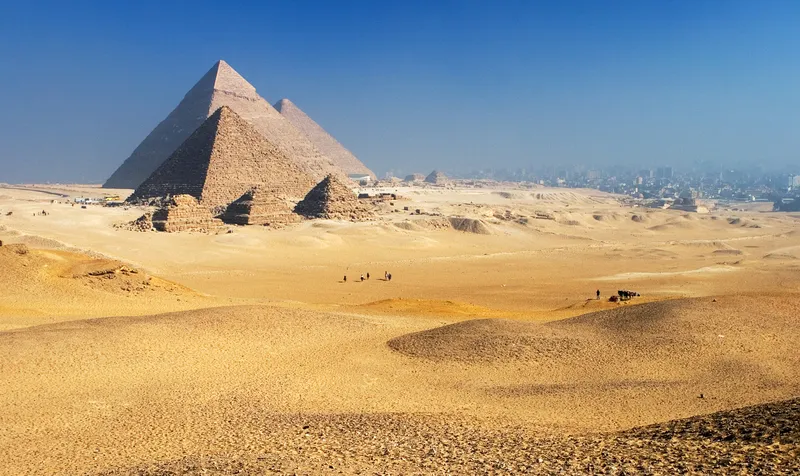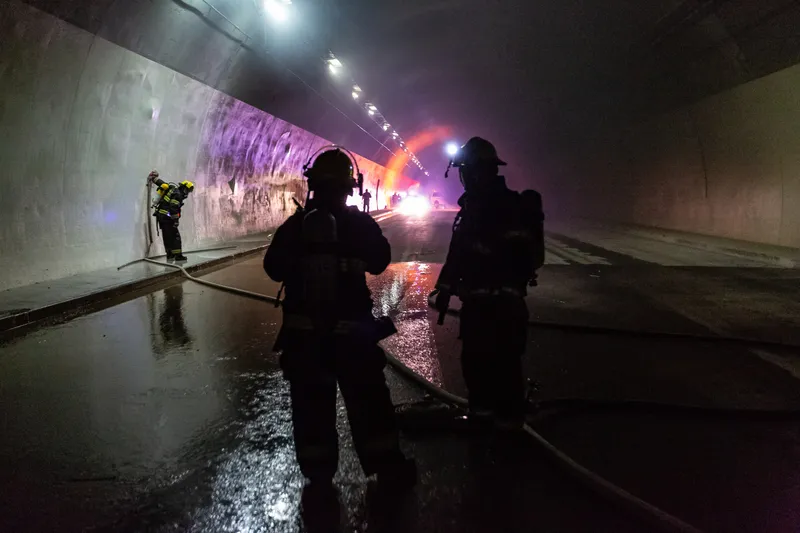
Thales is to provide telecommunications, centralised control and ticketing systems for a new metro line in Egypt.
The Egyptian National Authority for Tunnels has tasked Thales, in partnership with Orascom Construction and Colas Rail, to work on Cairo Metro Line 4 Phase 1, which will be 42km long with 35 stations.
Building the 19km first phase is expected to take six years, with 16 stations, a depot and an operations control centre.
It will connect the centre of Greater Cairo to the Giza Pyramid Complex, which is 13km to the south-west of Cairo's centre.
Thales is to supply and install systems including radio, multi-service network, wayside telephone and wireless LAN systems, wayside equipment for security systems, passenger Information and public address and revenue collection solutions.
Phase 2 of Cairo Metro Line 4 will come later, with additional 23.5 km, 19 stations, and 92 trains.
Thales has already provided the first ticketing system for Cairo Line 1, and the communication systems and ticketing for Line 2 and 3.
The new line is part of an ambitious infrastructure plan and will cross Cairo from east to west, and - in addition to easing congestion - is expected to be heavily used by tourists, as it will provide a connection with the pyramids site and the future Grand Egyptian Museum.
“This new Line 4 will significantly improve the density of people in one of the most congested city of Egypt," says Benoît Couture, VP for integrated communications and supervision activities.
Indra is involved in another of Cairo's transit projects, a monorail.









